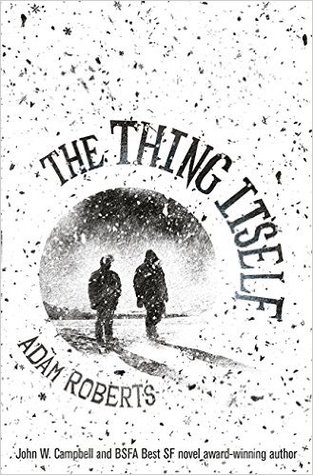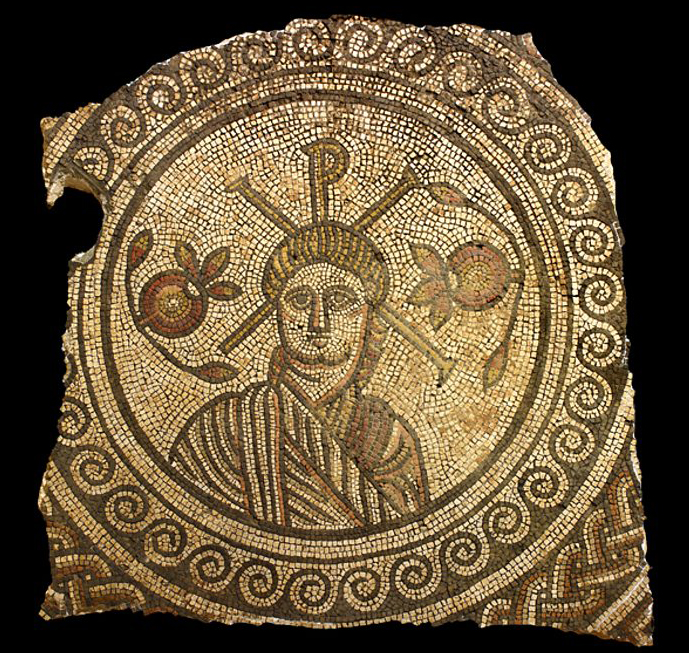Back in 2010 I published this column for the Big Questions Online website. That site has changed a good deal since, and my columns have been taken down. Maybe this one is worth reposting.
Recently John Sentamu, the Anglican Archbishop of York, said that it’s time for people to stop attacking Rowan Williams, the Archbishop of Canterbury:
It deeply saddens me that there is not only a general disregard for the truth, but a rapacious appetite for ‘carelessness’ compounded by spin, propaganda and the resort to misleading opinions paraded as fact, regarding a remarkable, gifted and much-maligned Christian leader I call a dear friend and trusted colleague — one Rowan Williams. I say, enough is enough. May we all possess a high regard for the truth.
A couple of years ago I was visiting an Anglican blog, as was then my habit, and came across an article in which a theological conservative — that is, someone on “my side” of the Anglican debates, if we must speak in such terms, God help us — was accusing Archbishop Williams of something like complete epistemological skepticism, effective unbelief. I have heard many of my fellow conservatives speak of Williams in this way. I thought that if they were to read what he writes, or listen to what he preaches — this magnificent sermon, for instance — they would no longer speak of him so dismissively. I wrote a comment on this post, challenging the critique of Williams, linking to sermons, talks, essays that demonstrated beyond any doubt that the charge of skepticism was false.
None of this convinced the author, or other commenters. The general belief was that the Archbishop had not acted decisively for conservative causes, especially regarding sexuality, and therefore anything he said or wrote that savored of theological orthodoxy amounted to protective coloration at best and outright deceit at worst. In their minds he was the enemy of orthodoxy and therefore their enemy, and as such could be granted the benefit of no doubt. Never mind that on liberal Anglican blogs he was simultaneously being condemned for having sold out to the forces of right-wing reaction. (And never mind what Jesus said about loving your enemies, even assuming that Rowan is really an “enemy.”) He was wrong; he had to be resisted by all available means, tarred by any brush near to hand. My response to this attitude towards Williams can be summed up perfectly in Archbishop Sentamu’s recent comments: there was a deeply lamentable “general disregard for the truth.” And from the strict upholders of tradition and orthodoxy!
The author and commenters bristled at my critique. I bristled right back. The argument escalated. At one point I said to myself, all right, you want to play hardball, we’ll play hardball — and I would have cut loose and said exactly what I wanted to say, except that at that moment my hands were shaking too violently for me to type accurately.
I looked at my trembling fingers for a moment. Then I closed that browser tab and spent a few minutes removing all Anglican-related blogs from my bookmarks and my RSS reader. I stopped reading those blogs and have never looked at them again to this day, and I feel that I am a better person and a better Christian for it.
“Someone is WRONG on the internet”, as the now-famous xkcd cartoon has it, but it’s a particular way of being wrong that generates this kind of heat. I have thought a lot about why people get so hostile online, and I have come to believe it is primarily because we live in a society with a hypertrophied sense of justice and an atrophied sense of humility and charity. (You’ll see that I am putting this in terms of the classic virtues.)
Late modernity’s sense of itself is built around achievements in justice. Consider Americans particularly: when we look back over the past hundred years, what do we take pride in? Suffrage for women; the defeat of international fascism; Brown vs. Board of Education; civil rights and especially voting rights for African-Americans. If you’re on one side of the political spectrum you might add the outlasting of the Soviet Empire; if you’re on the other side you might add the expansion of rights and gays and lesbians. But the key point is that all of these are achievements in justice.
To this point someone might object: well, of course — those are political accomplishments after all, and politics is, or ought to be, about the pursuit of justice. And that’s right: but one of the key developments of the late modern world is the dramatic increase in public information about political action. We know more about politics, we think more about politics, than our ancestors ever did or could have done. In the eighteenth century, near the beginnings of modern political journalism, Samuel Johnson wrote, “How small of all that human hearts endure / That part which laws or kings can cause or cure.” But perhaps few late moderns would agree with him. We seek to have almost all that we have to endure cured, or prevented, by laws and kings, that is, politicians.
And so, as we have come to think more and more about politics and the arts of public justice, we have come to consider our private and familial and communal lives more and more in those terms. The pursuit of justice becomes central to, even definitive of, acts and experiences that once were governed largely by other virtues. It is this particular transformation that Wendell Berry was lamenting when he wrote, “Marriage, in what is evidently its most popular version, is now on the one hand an intimate ‘relationship’ involving (ideally) two successful careerists in the same bed, and on the other hand a sort of private political system in which rights and interests must be constantly asserted and defended. Marriage, in other words, has now taken the form of divorce: a prolonged and impassioned negotiation as to how things shall be divided.” That is, a matter of justice rather than love, an assertion of rights rather than a self-giving.
It is this self-same logic that governs our responses to one another on the internet. We clothe ourselves by the manifest justice of our favorite causes, and so clothed we cannot but be righteous. (“Someone is WRONG on the internet.”) Not only do we fail to cultivate charity and humility in our online debates, we may even come to think of such virtues as in fact, vices: forms of weakness that compromise our advocacy for our causes. And so clothed we go forth to war with one another.
But this comes perilously close to what Thomas Hobbes, 350 years ago, famously called “this war of every man against every man.” And as Hobbes pointed out, such a war may begin in the name of justice, but justice cannot long survive: in such an environment “this also is consequent; that nothing can be unjust. The notions of right and wrong, justice and injustice, have there no place… . Force and fraud are in war the two cardinal virtues.” No wonder, then, that Cardinal Sentamu cries out, “May we all possess a high regard for the truth.” No wonder he cries in vain.

 Well, one thing led to another, so… The place:
Well, one thing led to another, so… The place: 